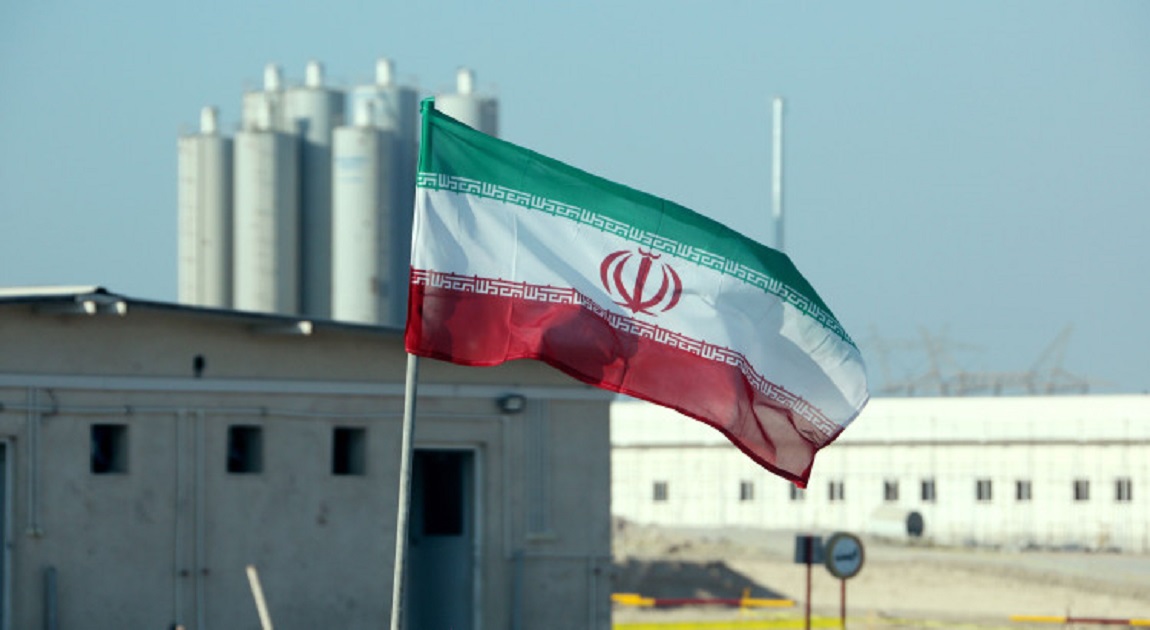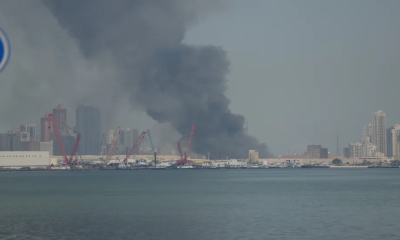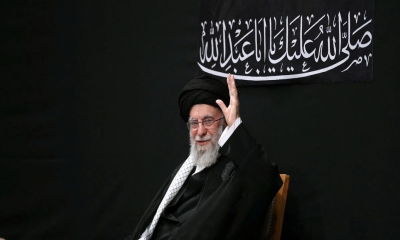Despite Israel`s powerful and highly coordinated strikes on Iran’s nuclear infrastructure, most of Iran’s nuclear program remains operational, The New York Times has reported.
The Israeli offensive, which began on Friday morning, destroyed key facilities, including an aboveground nuclear fuel production site and power supply centers at Iran’s primary uranium enrichment hub in Natanz.
The attack also reportedly killed several of Iran’s top nuclear and military officials in what appears to be one of Israel’s most aggressive moves in its decades-long effort to derail Iran’s nuclear ambitions.
However, the most critical part of Iran’s program—the stockpile of highly enriched uranium—was not targeted in the strikes.
The fuel, which provides Iran its fastest pathway to building nuclear weapons, remains securely stored at the Isfahan nuclear complex.
International Atomic Energy Agency (IAEA) inspectors, who recently conducted inventory at the site, confirmed the fuel`s presence.
Israeli Prime Minister Benjamin Netanyahu, in his address on Friday, argued that Iran now possesses enough enriched uranium for at least nine atomic bombs.
Despite this alarming assessment, Israel’s forces chose not to hit the uranium stockpile, raising questions about the strike’s strategic objectives.
Analysts suggest Israel may have deliberately avoided the stockpile to prevent a possible radiological disaster.
Striking the facility could have dispersed radioactive material into the environment, potentially causing a large-scale contamination event.
Jon Wolfsthal of the Federation of American Scientists noted that Israel’s restraint might indicate a calculated effort to pressure Iran without triggering an environmental crisis or immediate nuclear escalation.
Some experts believe Israel may be trying to coerce Iran into negotiating or surrendering parts of its nuclear assets.
Although Israel later confirmed that a second wave of attacks struck laboratories at Isfahan working on uranium metal conversion—an essential step in weaponization—the fuel stockpile itself was left untouched.
The New York Times reports that the Israeli strikes, while damaging, have so far left the core of Iran’s nuclear capability intact, suggesting that the standoff is far from over. Further military or diplomatic developments are expected in the coming days.







-20260303080739.webp)
-20260302065048.webp)




















-20260225072312.webp)



